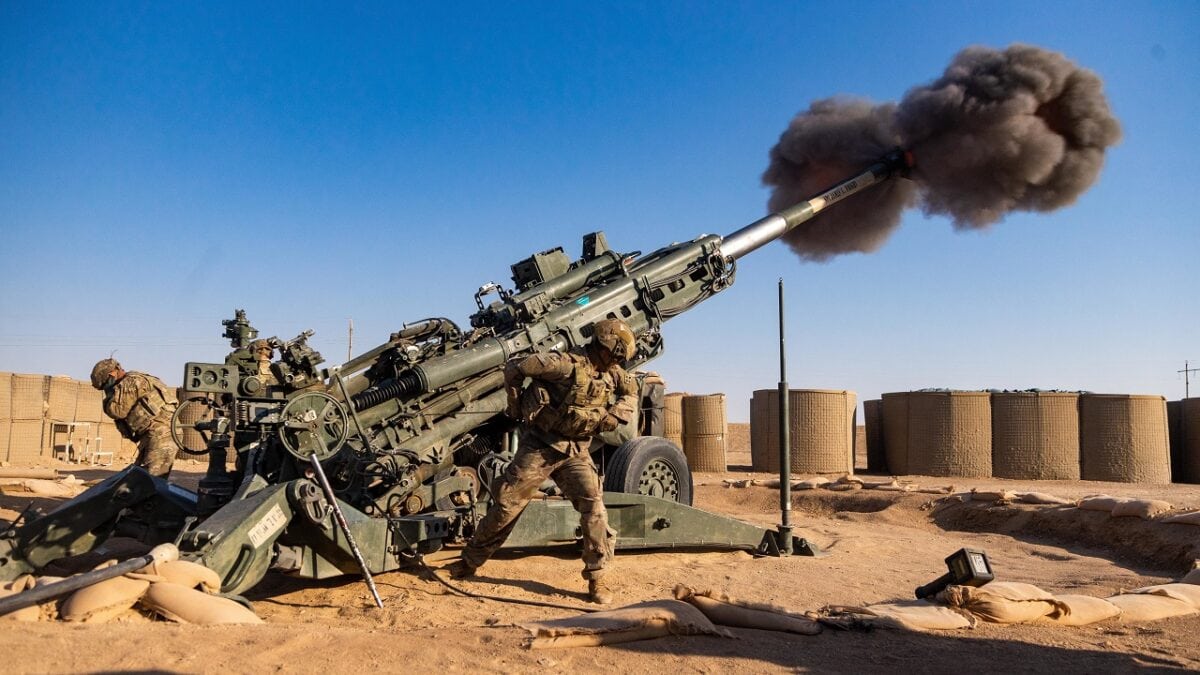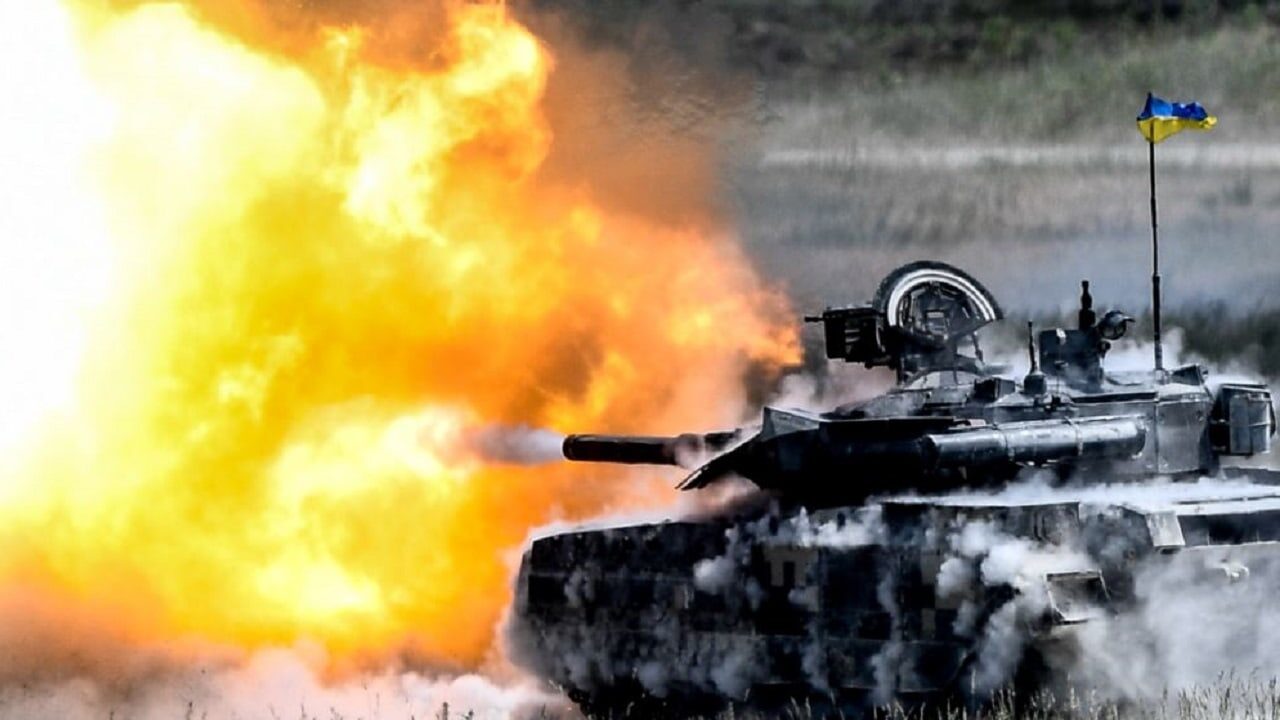In an effort to mobilize 300,000 conscripts for the war in Ukraine, Russia has begun relying on “gangs of military and police personnel” to “descend on civilian spaces” and forcibly enlist men into Russia’s armed services, according to reports.

U.S. Soldiers assigned to Attack Battery, 2-12th Field Artillery Battalion, Task Force Rock, 1st Stryker Brigade Combat Team, 4th Infantry Division, conducts registration and calibration for the M777 A2 Howitzer weapon system in Syria on Sept. 30, 2021. These exercises enable gun sections to deliver timely and accurate fires in support of TF Rock and their fight to defeat Daesh in designated areas of Syria. (U.S. Army photo by Cpl. Isaiah Scott). These are similar to the M777 pieces serving in Ukraine.
The roving gangs of conscriptors have flocked to apartments, public transportation, restaurants, and businesses in Moscow and Saint Petersburg in their efforts to round up fighting-aged men.
I have a few takeaways from Russia’s forceful efforts to augment its forces in Ukraine.
First, I am glad that I’m not a Russian citizen. Sincerely, being abducted from a cafe or from your workplace and sent off for a winter of artillery strikes in the Donbas sounds like a hellscape scenario. Granted, it was only a generation ago that my own country, the United States, drafted young men to send them to a sweltering jungle and fight an invasive, guerilla-style war with nebulous objectives. But military service is voluntary in America now, and I am thankful for that.
Voluntary service, of course, can be viewed as a double-edged sword. On one hand, it allows citizens some agency over their life choices, their careers, and their education. It also lends the military a degree of prestige – military service isn’t just something everyone does. The result is the creation of a small portion of the population that wants to serve ardently, and that puts great effort into the service. Nonetheless, I suspect most service members in America are working-class people serving primarily for financial reasons.
On the other hand, voluntary service allows for a nation to remain detached from its military and that military’s efforts. In America, only about 1% of the population serves active duty in the military. Less than 10% of the entire population has ever served in the military. The military is compartmentalized from the rest of society. The result is a general population that is entirely unfamiliar with its military, and that lack of familiarity can result in bad policy: Lawmakers who don’t understand or empathize with the military vote to use our military for decades at a time. The general population remains mostly apathetic to ongoing military efforts abroad. That’s how you end up with a twenty-year war in Afghanistan. Young people, mostly working-class, fight and die for poorly defined objectives while the general population goes about their lives only vaguely aware that a war is on.
Andrew Bacevich recommends mandatory conscription as a mechanism to push policymakers into making better military policy. If everyone had served in the military, or if everyone knew someone actively serving in the military, there would be intense political pressure to use our military only in a responsible manner. Casually sending the military off for a twenty year war in Afghanistan would not fly. Only through the compartmentalization that voluntary service enables can something like the war in Afghanistan happen. Still, I doubt Bacevich would recommend the Russian method of sending gangs door to door to pull men from their jobs and homes and communities.
Russian efforts to conscript men off the street speak to how depleted Russian forces have become – and how seriously Russia takes the war in Ukraine. While a country taking its war seriously may seem to go without saying, in America we should emphasize the point. Russia hasn’t undertaken war in Ukraine on a whim; Russia views the conflict in existential terms. And existential terms justify forced conscription.
With respect to Russian forces, estimates of KIA in the Russo-Ukraine War vary – but the US estimates that 70,000-80,000 Russian soldiers have been either killed or wounded. The Ukrainian government similarly estimates that Russian forces have sustained nearly 70,000 losses. That’s a pretty significant amount of carnage for nine months of conflict, and it is a significant attrition rate. Replenishing such high losses is a tall order, which is how you end up with the military pulling young men from their office cubicle.
Harrison Kass is the Senior Defense Editor at 19FortyFive. An attorney, pilot, guitarist, and minor pro hockey player, he joined the US Air Force as a Pilot Trainee but was medically discharged. Harrison holds a BA from Lake Forest College, a JD from the University of Oregon, and an MA from New York University. He lives in Oregon and listens to Dokken.

